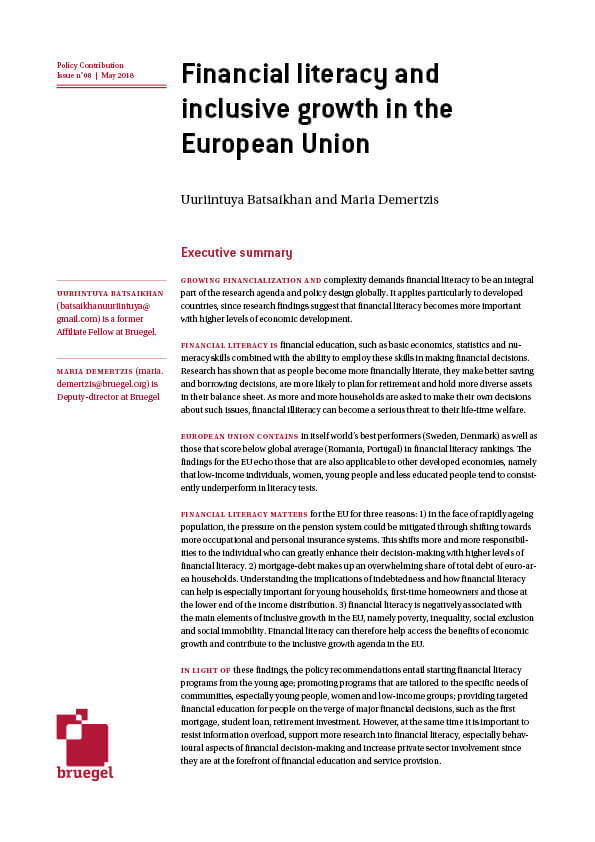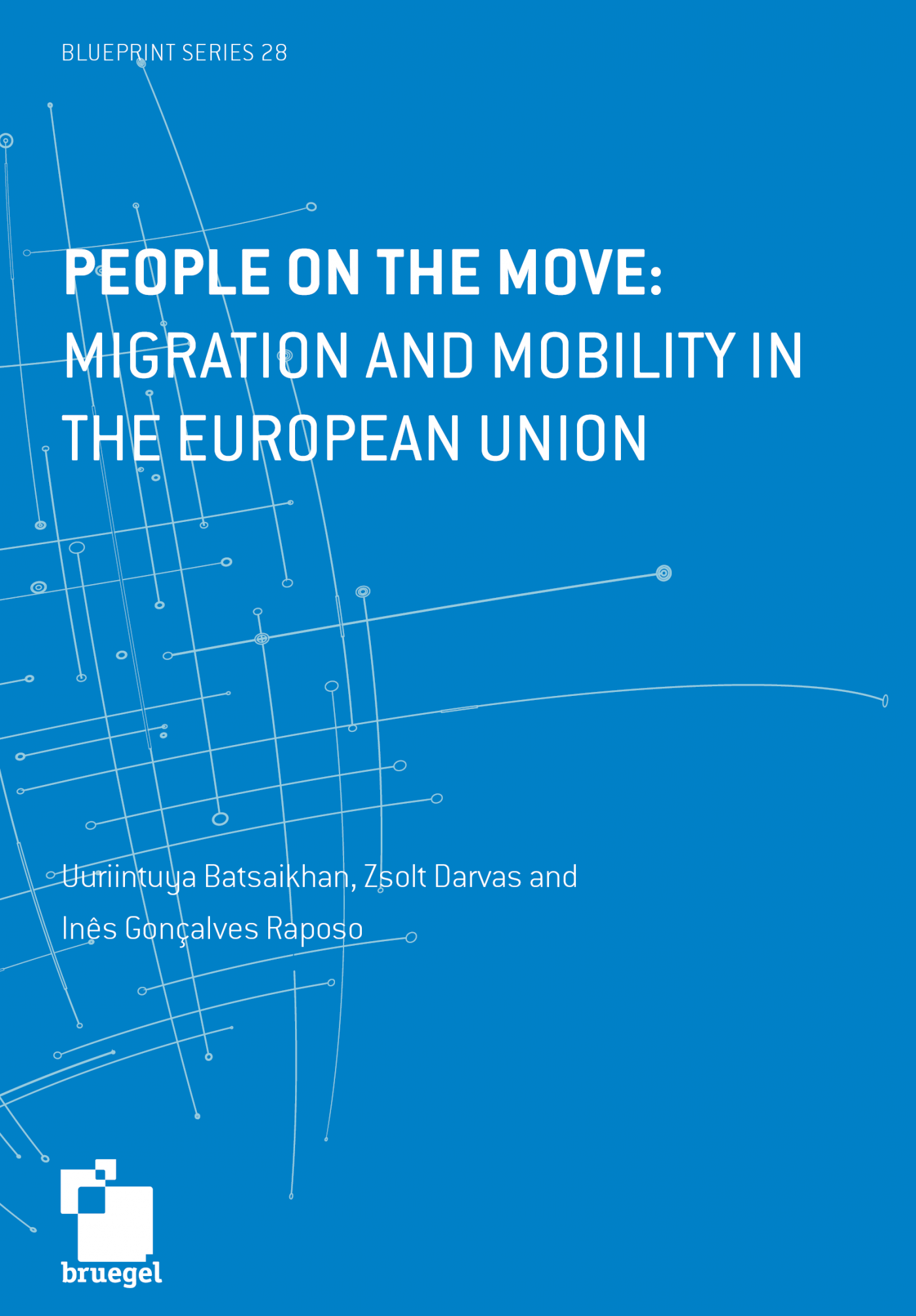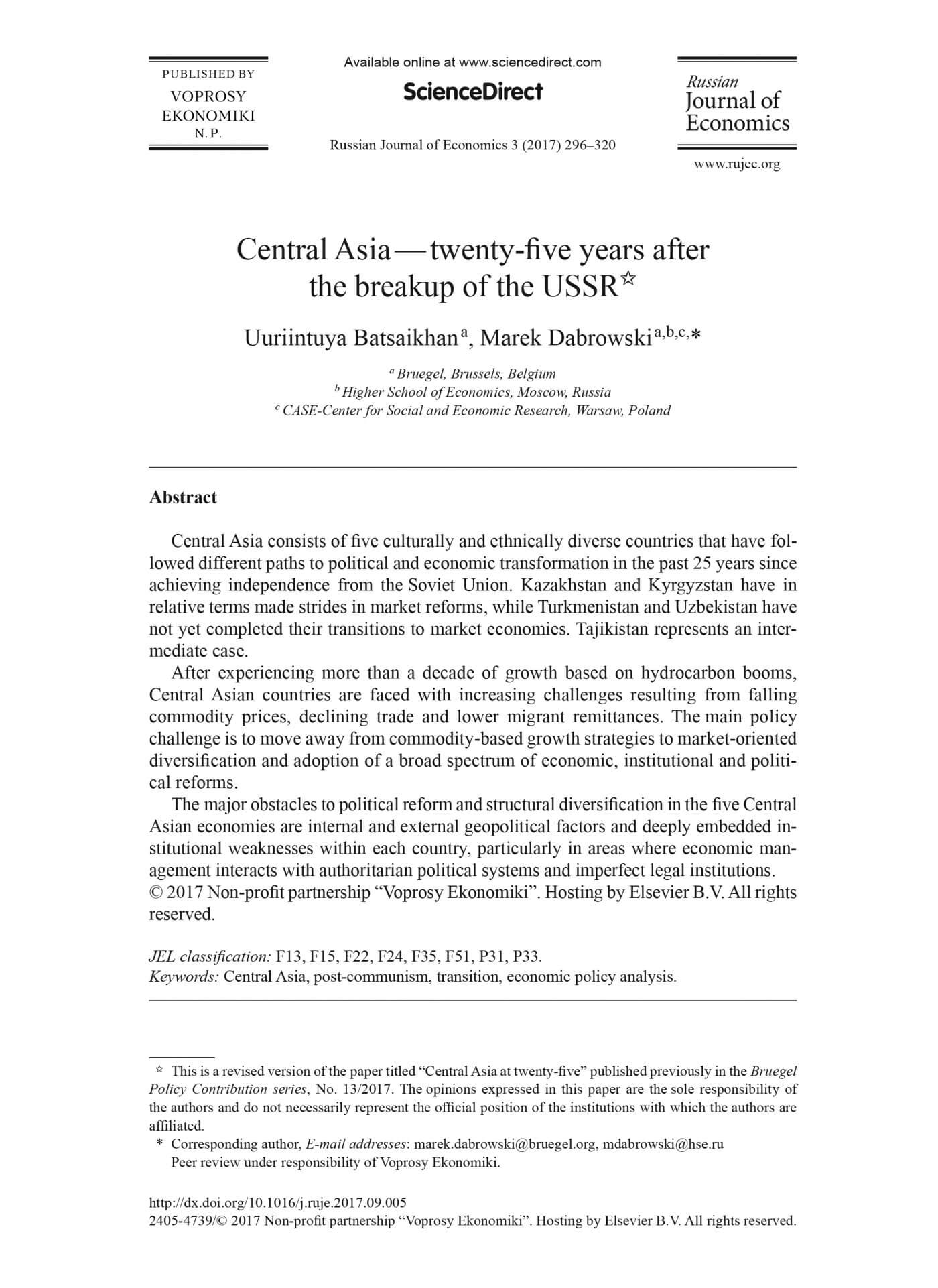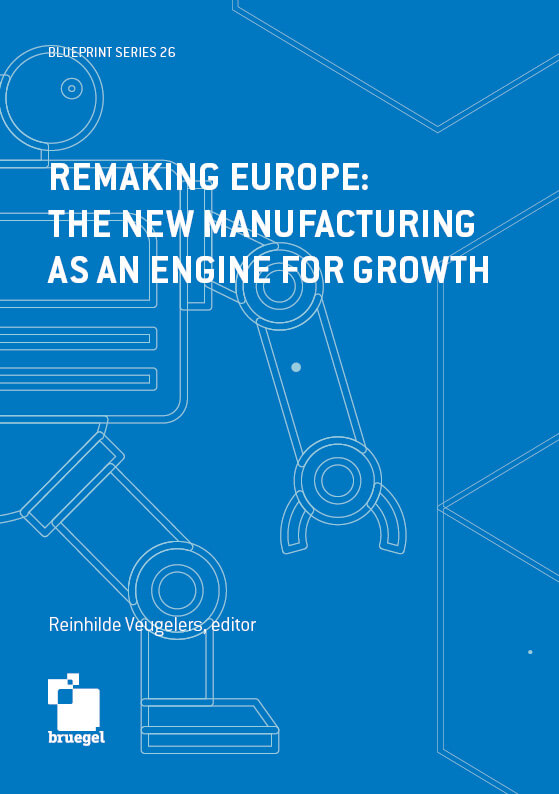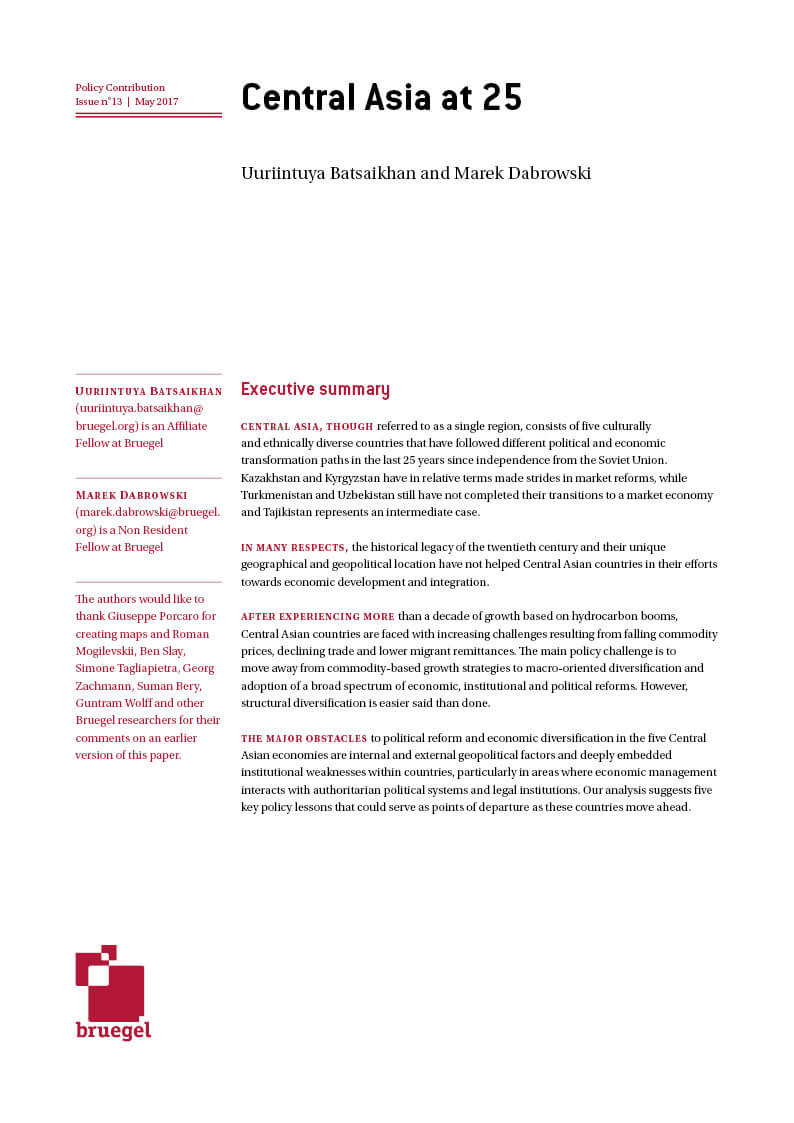Former scholars

Uuriintuya Batsaikhan
Former Affiliate Fellow
Expertise: macroeconomics, monetary policy, governance
Uuriintuya Batsaikhan, a Mongolian citizen, has worked as an Affiliate Fellow in the area of European and Global Macroeconomics and Governance. She has a Master’s Degree from the Central European University (CEU) in Budapest and a Master of Public Policy Degree specialising in political economy, economic institutions and monetary policy from Hertie School of Governance in Berlin. Prior to joining Bruegel, she worked at UNDP in Mongolia and the German Institute for Economic Research in Berlin.
In her Master’s thesis, she analysed access to finance of SMEs during the financial crisis using a dynamic (dis)equilibrium model of credit demand and credit supply. At CEU, she wrote on the divergent means of inflation stabilization in post-transition Poland and Estonia and assessed the role of the Currency Board Arrangement (CBA) employed in Estonia.
Uuriintuya’s research interests include macroeconomics, banking and monetary policy, access to finance of SMEs and political economy of emerging countries.
She speaks Mongolian, English, Russian and German.
